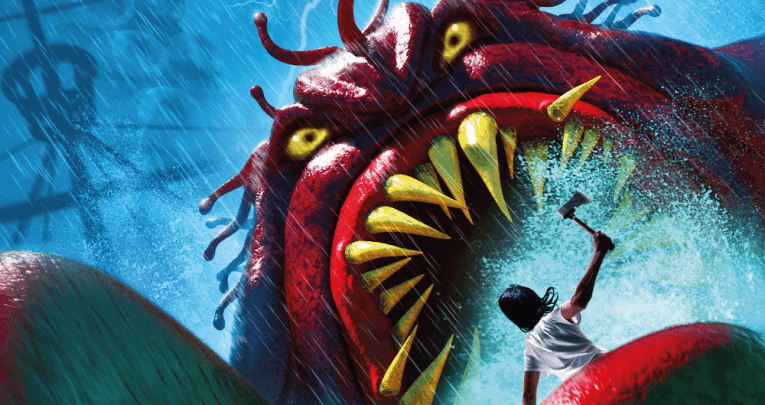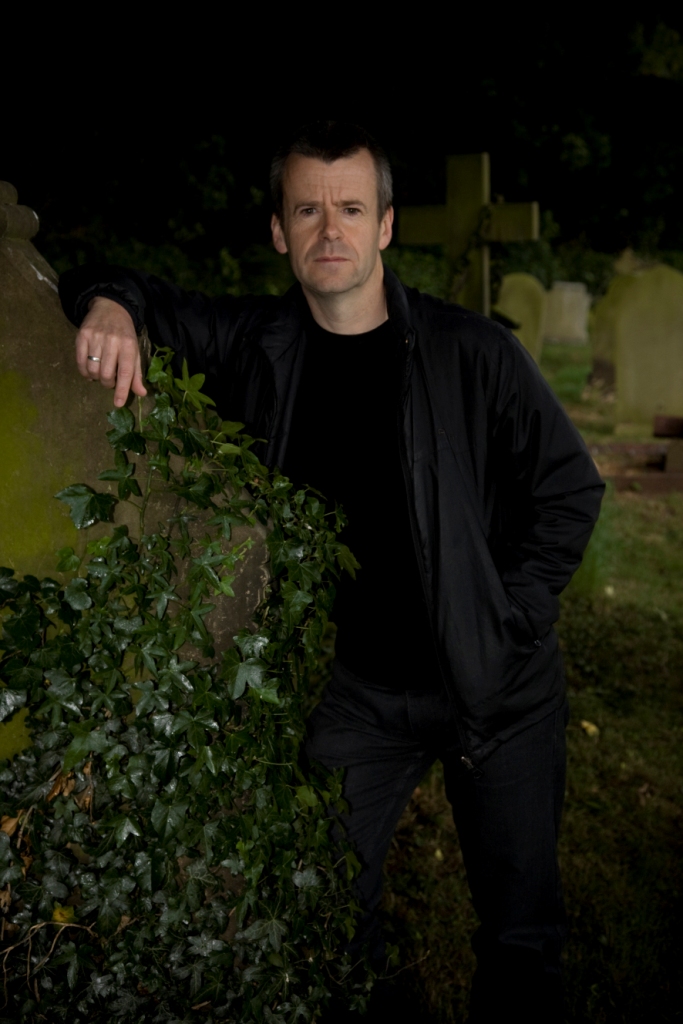How Author Jon Mayhew Used Comics to Build up his Reading Stamina as a Child

“Wimpy Kid is fine as long as you’re trying a bit of Michael Morpurgo too”

- by Jon Mayhew

I was never a ‘joiner-in’ at primary school. If I received a party invitation, I’d do everything I could to avoid going. Team sports were a mystery to me and I lived on the outskirts of the playground, avoiding fast-moving footballs and games of ‘pile-on.’
There were plenty of others who inhabited these edgelands; daydreamers scraping in the mud, making swords out of sticks or taping together bits of pen and bulldog clip to create deadly lasers. If we played a game, I always wanted to be an alien with special powers.
This was back in the 1970s when, apparently, teachers thought basketweaving and singing folk songs were a good alternative to learning spelling rules and how to read. I never experienced that.
We were taught handwriting, spelling, some grammar and we read to the teacher every day. We wrote poetry and stories too. I remember being totally absorbed in a topic about Native American tribes.
I was lazy, though, and clever enough to see the advantages of the Schools Maths Project system whereby pupils marked their own work using a book at the side of the class…
Like most schools, we had a reading scheme but each level consisted of one book and you had to go through every level before you could become a ‘free reader’ and choose what you read from the class library.
Being a slow reader, easily distracted and somewhat lazy, it didn’t take much to persuade me not to read. I was three books away from becoming a ‘free reader’ when I met The Five and a Half Club.
For a nine-year-old boy who dreamt of being an alien with special powers, a book about five children and their little sister forming a gang and painting a shed pink was like kryptonite to Superman.
My reading powers died. I spent the final long months of year six staring out of the window and wishing the teacher would let me move on to the next book in the scheme, which was called Brave and Bold, a collection of Viking stories.
So, my reading stalled.
Around this time, I made friends with a boy from the other end of our street. His mum wrote plays and his dad was an English teacher at the local grammar school, a centre of excellence for which I was not destined.
We shared a passion for American comics, specifically, Marvel comics.
Not being a joiner-in, I used to love collecting titles that were less popular such as Ghost Rider, Deathlock and Guardians of the Galaxy.
As time went on, both my friend and I became comic ‘nerds’ collecting thousands of them, saving money to buy rare back issues and attending specialist comic fairs.
The stories in these comics kept my imagination alive and nurtured it.
Soon, I was drawing my own cartoons, very badly, it’s true, but I was writing the stories to go along with the pictures.
My parents were quite concerned and sat downstairs in the living room, waiting for the comics to turn me into some axe-wielding maniac.
That never happened (honest!) but I do think that comics gave me an edge to my imagination that fed into my writing some 30 years later.
It’s no coincidence that one of my favourite titles was called Deathlock and my first novel called Mortlock.
I stopped reading comics when I was about 19 or 20 but recently I have started reading graphic novels and have found some to be complex and engaging.
My friend’s parents insisted he went to the library every week and there’s only so long you can stand watching someone choose a book before sheer boredom drives you to pick up one yourself. And that’s what happened.
The book in question was called A Breed to Come by Andre Norton. It was a science fiction story about a future Earth that was ruled by cats! I couldn’t put it down.
From there, I began a reading frenzy. It was as if someone had switched a light on. I read all kinds of genres: fantasy, Westerns, detectives, horror, and science fiction.
Of course, I’d been reading comics mainly and this had implications for my reading stamina. I found it difficult to get through some of the classics as I wasn’t used to reading large texts.
As I read what might be called ‘less challenging’ fiction, though, I found that my concentration and reading stamina grew, enabling me to tackle chunkier texts with denser print.
I’m glad I was able to do that and, whilst I firmly believe that children should be omnivorous in their reading, I do believe they should push themselves.
Wimpy Kid is fine as long as you’re trying a bit of Michael Morpurgo too, or something by Louis Sachar – and building that stamina, so that when you pick up a more-challenging text when you’re older, it isn’t a closed book to you.










